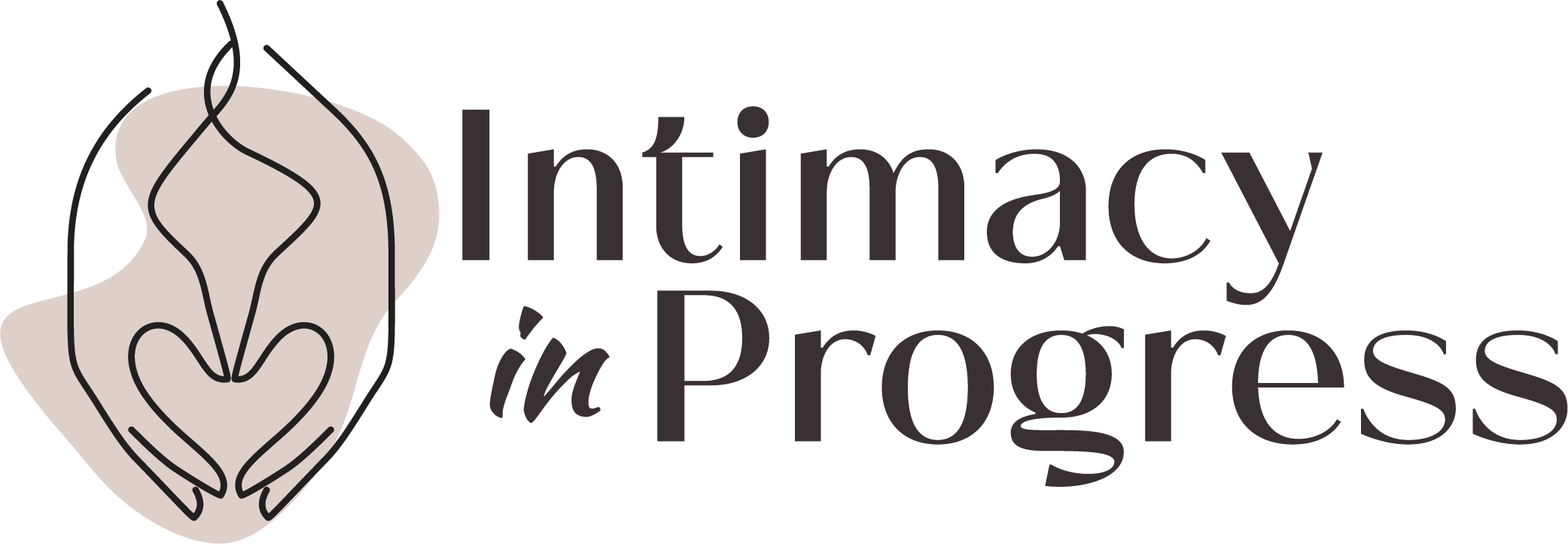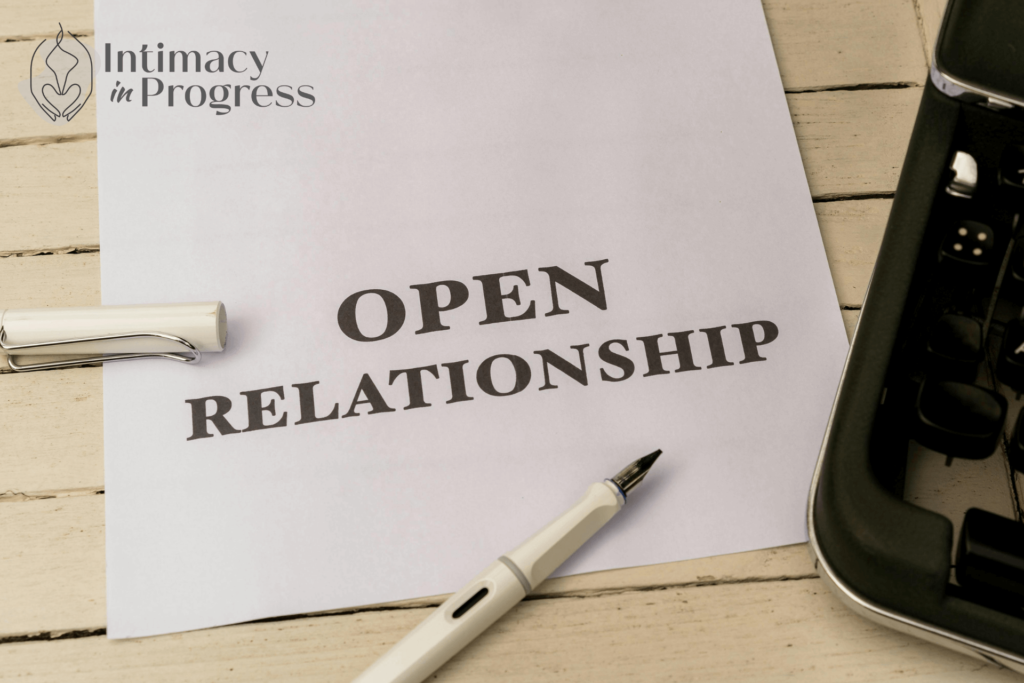There’s something oddly radical about the idea that love isn’t a zero-sum game. That affection isn’t this rare, glittering diamond we hoard and distribute like Victorian aristocrats preserving the family wealth. That maybe—just maybe—love doesn’t diminish when shared.
Enter polyamory, a relationship structure that operates on the premise that more love doesn’t mean less love. And even if you’re ride-or-die for monogamy, there’s a lot to be learned from the ways polyamorous relationships navigate communication, time management, and emotional depth. Because here’s the thing: poly people talk. A lot. And not just about the surface-level “how was your day?” stuff, but the deep, existential “what do you need to feel safe and valued?” kind of conversations that keep relationships from imploding.
So, whether you’re monogamous, poly, or just someone who wants to love better, here are five invaluable lessons from polyamorous relationships that might just upgrade your love life.
Communication Isn’t Just Important—It’s Survival
Every relationship expert preaches the importance of communication, but in polyamory, it’s non-negotiable. Managing multiple relationships requires a level of openness that would make most monogamous couples break out in a cold sweat.
Poly folks talk about their needs. Their desires. Their boundaries. And they do it often—not just when things are falling apart. It’s proactive rather than reactive, a skill that could save a lot of traditional relationships from their slow-burn meltdowns. Instead of assuming a partner will just get what they need, polyamorous people spell it out, making space for every voice in the room.
If monogamous couples took one thing from polyamory, it should be this: don’t wait until you’re angry to communicate. Have the conversations before they become conflicts. Check in regularly. Build a habit of listening before resentment starts whispering in your ear.
Jealousy Is a Signal, Not a Monster to Kill
If love is a house, jealousy is the creaky floorboard—annoying, but also a useful indicator that something needs attention. Polyamorous relationships, by necessity, have to develop a different relationship with jealousy. Instead of treating it as a dealbreaker or a villain that must be vanquished, they see it as an emotional cue. An invitation to ask deeper questions: Why am I feeling this way? Is there an unmet need here? Do I feel insecure? Unseen? Replaceable?
Monogamous culture, on the other hand, often treats jealousy as either a moral failing (just be more secure!) or a sign that something is fundamentally broken (if they really loved you, you wouldn’t feel this way!). Polyamory, instead, sees it as a chance to grow.
What if, instead of spiraling into fear, we all used jealousy as a map? A tool for self-inquiry rather than self-destruction?
Love Is Not a Finite Resource
There’s a reason parents don’t rank their kids in order of love. Because love doesn’t work that way. And yet, when it comes to romantic relationships, many of us operate on the assumption that affection is this limited commodity, that if our partner gives time or energy to someone else (even platonically), it somehow means there’s less left for us.
Polyamory challenges that. It suggests that love isn’t pie—it’s air. You don’t run out just because someone else is breathing. The notion that one person must be everything for you—a best friend, a confidant, a lover, an emotional support system—places an unbearable weight on relationships. Polyamory disperses that pressure. And while not everyone wants multiple partners, the idea that different people can meet different needs? That’s something anyone can take home.
Time Is an Investment, Not an Assumption
If you’re juggling multiple relationships, you don’t just see people when it’s convenient—you plan for them. Polyamorous couples are pros at intentionality. They schedule quality time, set check-ins, and revisit agreements to ensure everyone’s needs are being met.
Contrast that with monogamous couples who sometimes assume presence equals connection. Living under the same roof doesn’t automatically mean you’re together. Polyamory teaches us to be mindful of how we spend time with our partners, to prioritize meaningful moments over autopilot routines.
Try this: schedule a relationship check-in with your partner. Not because something’s wrong, but because things are good and you want to keep them that way. Ask, “Is there anything you need more of? Anything you’d like less of? How can I show up for you better?” You might be surprised at what you learn.
Closeness and Independence Can Coexist
There’s this persistent myth in monogamous relationships that love means merging. That the more entwined you are, the stronger the bond. But polyamory embraces a different truth: you can be deeply connected and deeply independent.
In polyamorous relationships, autonomy is not a threat—it’s an asset. Partners encourage each other to pursue personal growth, friendships, and individual happiness without the expectation that one person will fulfill every emotional need. And yet, that doesn’t mean there’s distance or detachment. It means security is built on trust, not possession.
Even if you’re in a monogamous relationship, this balance is crucial. Love flourishes when people feel free, when they aren’t afraid that independence will be mistaken for disinterest. Want a stronger relationship? Support each other’s individuality rather than fearing it.
Love Smarter, Not Harder
You don’t have to be polyamorous to borrow from the wisdom of poly relationships. You just have to be willing to rethink the old scripts we’ve inherited about love, jealousy, time, and connection.
Polyamory isn’t about having more partners—it’s about having better relationships. And if we all adopted even a fraction of that intentionality, that self-awareness, that willingness to communicate and reflect? Maybe love wouldn’t be such a battlefield after all.





